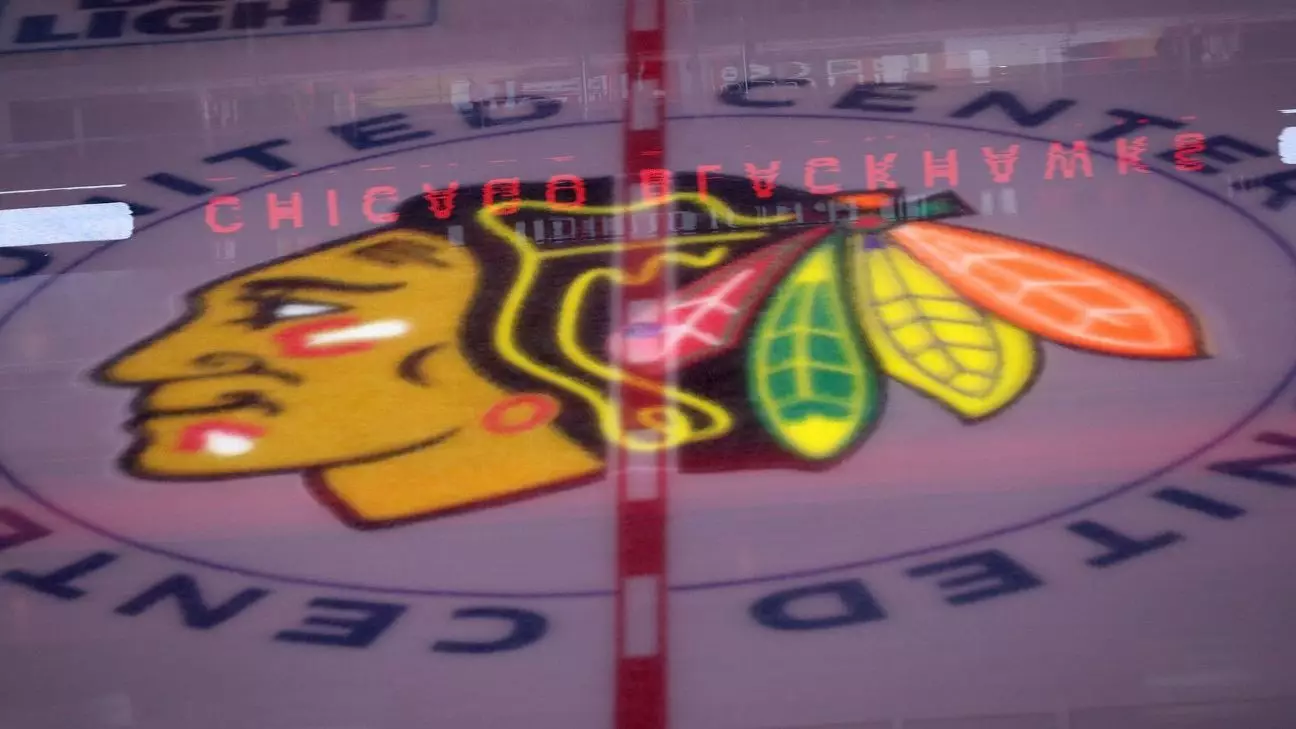The recent settlement of the lawsuit against the Chicago Blackhawks sheds a stark light on systemic negligence and institutional failures that have plagued the organization for over a decade. Rather than being mere isolated incidents, these cases reflect a profound lapse in leadership, accountability, and moral responsibility. The Blackhawks’ handling of sexual assault allegations against Brad Aldrich reveals a toxic culture where safeguarding players and employees was secondary to shielding the organization’s reputation. The lawsuit from “John Doe,” a former Black Ace, not only brings to the surface the terrible misconduct but also underscores how institutions often prioritize image over justice, allowing perpetrators to escape consequences for far too long. This pattern of neglect signifies a disturbing tendency in sports organizations to dismiss or delay action when victims come forward, often to preserve their own interests rather than to uphold ethical standards.
Systemic Cover-Ups and their Consequences
The Blackhawks’ response to Aldrich’s misconduct appears to be a textbook example of institutional cover-up. Despite clear evidence and multiple victims, senior executives, including former President of Hockey Operations Kyle Beach, faced little immediate repercussions. The fact that Aldrich was allowed to resign and later pleaded guilty to criminal conduct exposes a laughable oversight. It’s widely evident that the organization prioritized neutralizing scandal over protecting individuals from harm. This kind of negligence fosters a culture of silence and impunity, which not only fosters further abuse but also erodes public trust.
Furthermore, the NHL’s subsequent sanctions—such as the $2 million fine—highlight the cracks in the league’s oversight, but they too fall short of delivering true justice. Fines, while symbolically significant, rarely address the root issues. They serve as a punitive measure for organizational misconduct but often fall short of creating systemic change. The true reckoning lies in organizations embracing transparency, accountability, and comprehensive reforms—something that was sorely lacking in the Blackhawks’ handling of these grave allegations.
The Role of Leadership and the False Rehabilitation Narrative
The reinstatement of figures like Kyle Beach’s former superiors, Bowan, Quenneville, and MacIsaac, epitomizes the conflicting narrative surrounding accountability. Their return to prominent roles in the NHL under the guise of “learning from mistakes” seems to minimize the severity of their initial failures. While the league claims these individuals have shown remorse and growth, skepticism remains justified. True accountability would require more than superficial apologies or participation in awareness programs; it requires a fundamental dismantling of the culture that enabled the misconduct and a commitment to ongoing systemic reforms.
The NHL’s decision to reinstate these executives, promising that they have demonstrated significant personal improvement, appears to be more about optics than substantive change. It raises the critical question: does the league genuinely prioritize player and staff safety, or is it more concerned with preserving its image and avoiding lengthy disciplinary actions? History and recent events suggest that accountability often remains superficial in big organizations until public pressure forces at least the appearance of reform.
Lessons for the Future: A Call to Moral Courage
This scandal underscores a broader societal failure: the reluctance or inability of powerful institutions to confront uncomfortable truths. It is crucial for sports leagues, corporations, and other entities to adopt a zero-tolerance approach to abuse and harassment. Merely responding after the fact is insufficient; proactive measures must be embedded into organizational culture. Leadership must evolve from reactive damage control to proactive safeguarding, nurturing an environment where victims feel secure in speaking out, and perpetrators are held fully accountable.
The Blackhawks’ scandal also invites a critical reflection on the importance of ethical leadership. Leaders must foster an organizational climate rooted in integrity, transparency, and respect. They must be prepared to confront uncomfortable realities head-on, rather than turning a blind eye or engaging in strategic silence. True change requires a commitment to justice that extends beyond legal settlements and public statements—an unwavering dedication to creating a safe, accountable, and respectful environment at all levels of sport.
By examining the Blackhawks’ failures and subsequent scandals, we are compelled to recognize that accountability is not a destination but an ongoing journey. It demands vigilance, courage, and a deep moral commitment to do what is right—even when it is inconvenient or costly. Only by doing so can organizations rebuild trust and forge a future defined by integrity rather than cover-up or complacency.


Leave a Reply